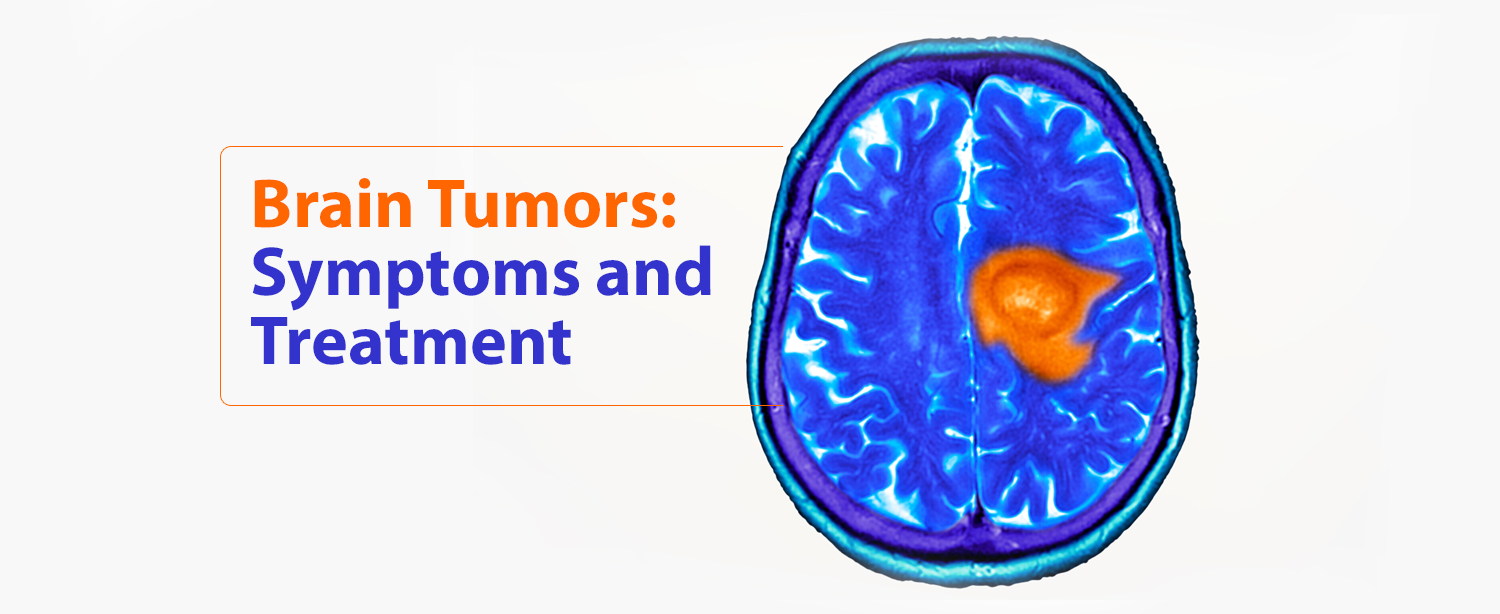Brain tumors are among the most daunting diagnoses, both for patients and their families. They can occur at any age, and the symptoms and treatment options may vary widely depending on several factors, including the age of the patient and the tumor’s location and type. India sees around 14 lakh new brain tumour cancer cases each year. Out of these, almost 20% cases occur in children.
Table of Contents
What is a Brain Tumor?
A brain tumor occurs when abnormal cells form within the brain. There main two types include: malignant or cancerous tumors and benign tumors. Primary brain tumors originate in the brain itself or in tissues close to it, such as in the brain-covering membranes (meninges), cranial nerves, or the pituitary gland.
Brain Tumors in Children
A child with a brain tumor may often present symptoms that differ from adults. Common symptoms in children include:
- Headaches, often worse in the morning
- Nausea or vomiting
- Sudden onset of seizures
- Unexplained clumsiness or lack of coordination
- Changes in personality or behavior
- Difficulty with recent memory, speech, or vision
Treatment for pediatric brain tumors often involves a combination of surgery, radiation therapy, and chemotherapy. The approach depends on the type of the tumor, its location, and how aggressive it is. Children might also need rehabilitation to help regain lost motor skills and speech functions.
Brain Tumors in Adults
Adults experiencing brain tumors might notice different symptoms, often related to the tumor’s location in the brain. These can include:
- Persistent headaches
- Seizures
- Progressive loss of sensation or movement in an arm or a leg
- Unexplained nausea or vomiting
- Vision problems, such as blurred vision, double vision
- Speech difficulties
- Confusion in everyday matters
- Personality or behavior changes
- Hearing problems
As with children, the primary treatments for brain tumors in adults are surgery, radiation, and chemotherapy. However, the treatment plan for adults may be influenced by additional factors such as the patient’s overall health, potential side effects, and whether the tumor has spread.
Diagnostic Techniques
Diagnosis of a brain tumor usually begins with a neurological examination followed by imaging tests such as MRI (Magnetic Resonance Imaging) or CT (Computed Tomography) scans. These tests are crucial in determining the location and size of the tumor.
In some cases, a biopsy may be performed to determine whether the tumor is malignant or benign. This involves removing a small sample of brain tissue, usually during surgery.
Treatment Modalities
- Surgery
The first line of treatment for accessible brain tumors is often surgery. The goal is to remove as much of the tumor as possible without damaging the surrounding brain tissue. - Radiation Therapy
This treatment uses high-energy beams, such as X-rays or protons, to kill tumor cells. It is often used after surgery to destroy any remaining cancerous cells. - Chemotherapy
Chemotherapy uses drugs to kill tumor cells, usually given if the tumor returns or if surgery and radiation were not successful. - Targeted Therapy
This newer form of cancer therapy uses drugs or other substances to precisely identify and attack cancer cells, usually while doing little damage to normal cells.
Brain Tumor Treatment at KokilabenDhirubhai Ambani Hospital, Mumbai
Your brain tumor treatment depends on the type of brain tumor you have, as well as its size and location. The usual treatment for brain tumour includes surgery, radiation therapy, and/or chemotherapy. Generally, radiation and chemotherapy treatments are used as secondary treatments for tumors. However, in rare cases, radiation and chemotherapy may be used without surgery if the tumor is inoperable.
Consult the dedicated team of neurosurgeons, medical oncologists, paediatric oncologists and radiation oncologists at our Centre for Neurosciences. We are equipped to treat brain tumors with great surgical expertise and advanced technologies. Our team also uses the latest operative advances with navigation, awake surgery techniques, neurophysiology monitoring with MEP and SSEP, radiosurgery and stereotactic radiotherapy. The team has successfully performed over 1900 surgeries in the past. For further assistance on brain tumor care, please visit our below website link: https://www.kokilabenhospital.com/departments/centresofexcellence/centrefor_neurosciences/braintumor.html


